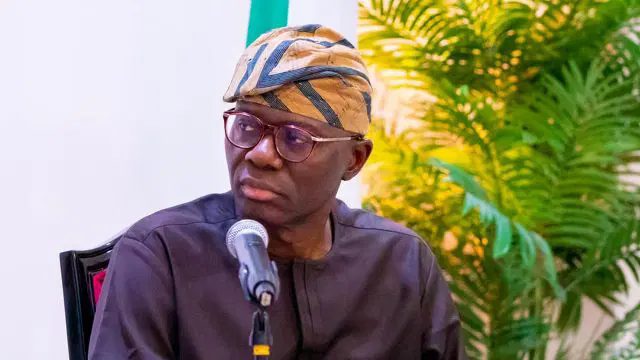By Esi-ife Arogundade
In a significant move towards justice reform, Governor Babajide Sanwo-Olu has approved the release of 52 inmates from various correctional facilities across Lagos State. This decision, made on December 31, 2024, comes on the recommendations of the Advisory Council on the Prerogative of Mercy and is seen as part of the Governor’s commitment to decongest overcrowded prisons.
Among those affected by this release are 35 inmates who will be set free immediately, while others are to be released after serving additional terms between 3 – 6 months.
In a noteworthy decision, the governor also commuted the sentences of 6 inmates on death row to life imprisonment, highlighting a shift towards more compassionate justice practices.
Governor Sanwo-Olu’s actions are grounded in Section 212 (1) & (2) of the 1999 Constitution of The Federal Republic of Nigeria (as amended), providing him the authority to grant such pardons. In his remarks, he emphasized the need for thorough consideration of various factors such as the nature of the offences, the inmates’ behaviour, health conditions, and the duration of their incarceration before making such recommendations.
The Advisory Council meticulously reviewed each case, aligning with established guidelines and consulting the correctional facility authorities. To ensure a smooth transition back into society, all preparations for rehabilitation and reintegration of the released inmates must be confirmed prior to their discharge.
As a final note, Governor Sanwo-Olu urged the inmates to maintain good behaviour after their release, encouraging them to embrace this opportunity for a fresh start.
He said, ”This initiative is part of broader efforts within the state to pursue justice system reforms and improve the conditions within correctional facilities, ultimately aiming for a more rehabilitative rather than punitive approach to justice.”


